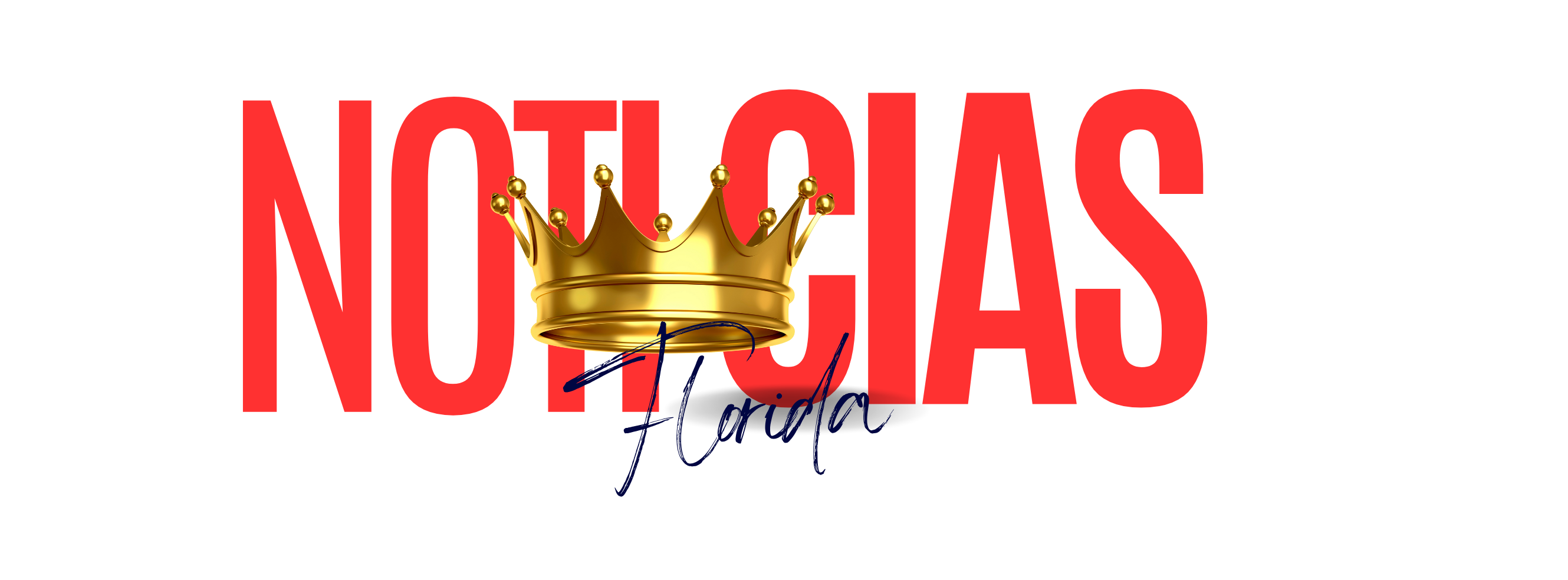Updated [hour]:[minute] [AMPM] [timezone], [monthFull] [day], [year]
WASHINGTON (AP) — The American job market likely continued to slow last month, hobbled by worries over President Donald Trump’s trade wars, deportations and purges of the federal workforce.
The Labor Department’s numbers on May hiring Friday are expected to show that businesses, government agencies and nonprofits added 130,000 jobs last month. That would be down from 177,000 in April but enough to stay ahead of people entering the workforce and keep the unemployment rate at a low 4.2%, according to a survey of forecasters by the data firm FactSet.
Mainstream economists expect Trump’s policies to take a toll on America’s economy, the world’s largest. His massive taxes on imports — tariffs — are expected to raise costs for U.S. companies that buy raw materials, equipment and components from overseas and force them to cut back hiring or even lay off workers. Billionaire Elon Musk’s Department of Government Efficiency (DOGE) has slashed federal workers and cancelled government contracts. Trump’s crackdown on illegal immigration is expected to make it harder for businesses to find enough workers.
For the most part, though, any damage has yet to show up in the government’s economic data.
The U.S. economy and job market have proven surprisingly resilient in recent years. When the inflation fighters at the Federal Reserve raised their benchmark interest rate 11 times in 2022 and 2023, the higher borrowing costs were widely expected to tip the United States into a recession.
Instead, the economy kept growing and employers kept hiring.
But former Fed economist Claudia Sahm warns that the job market of 2025 isn’t nearly as durable as the two or three years ago when immigrants were pouring into the U.S. job market and employers were posting record job openings.
“Any signs of weakness in the data this week would stoke fears of a recession again,” Sahm, now chief economist at New Century Advisors, wrote in a Substack post this week. “It’s too soon to see the full effects of tariffs, DOGE, or other policies on the labor market; softening now would suggest less resilience to those later effects, raising the odds of a recession.’’
Recent economic reports have sent mixed signals.
The Labor Department reported Tuesday that U.S. job openings rose unexpectedly to 7.4 million in April — seemingly a good sign. But the same report showed that layoffs ticked up and the number of Americans quitting their jobs fell, a sign they were less confident they could find something better elsewhere.
Surveys by the Institute for Supply Management, a trade group of purchasing managers, found that both American manufacturing and services businesses were contracting last month.
And the number of Americans applying for unemployment benefits rose last week to the highest level in eight months.
Jobless claims — a proxy for layoffs — still remain low by historical standards, suggesting that employers are reluctant to cut staff despite uncertainty over Trump’s policies. They likely remember how hard it was to bring people back from the massive but short-lived layoffs of the 2020 COVID-19 recession as the U.S. economy bounced back with unexpected strength.
Still, the job market has clearly decelerated. So far this year, American employers have added an average 144,000 jobs a month. That is down from 168,000 last year, 216,000 in 2023, 380,000 in 2022 and a record 603,000 in 2021 in the rebound from COVID-19 layoffs.
Trump’s tariffs — and the erratic way he rolls them out, suspends them and conjures up new ones — have already buffeted the economy. America’s gross domestic product — the nation’s output of goods and services — fell at a 0.2% annual pace from January through March this year.
A surge of imports shaved 5 percentage points off growth during the first quarter as companies rushed to bring in foreign products ahead of Trump’s tariffs. Imports plunged by a record 16% in April as Trump’s levies took effect. The drop in foreign goods could mean fewer jobs at the warehouses that store them and the trucking companies that haul them around, wrote Michael Madowitz, an economist at the left-leaning Roosevelt Institute.
 hace 1 mes
14
hace 1 mes
14





 English (US) ·
English (US) ·  Spanish (ES) ·
Spanish (ES) ·